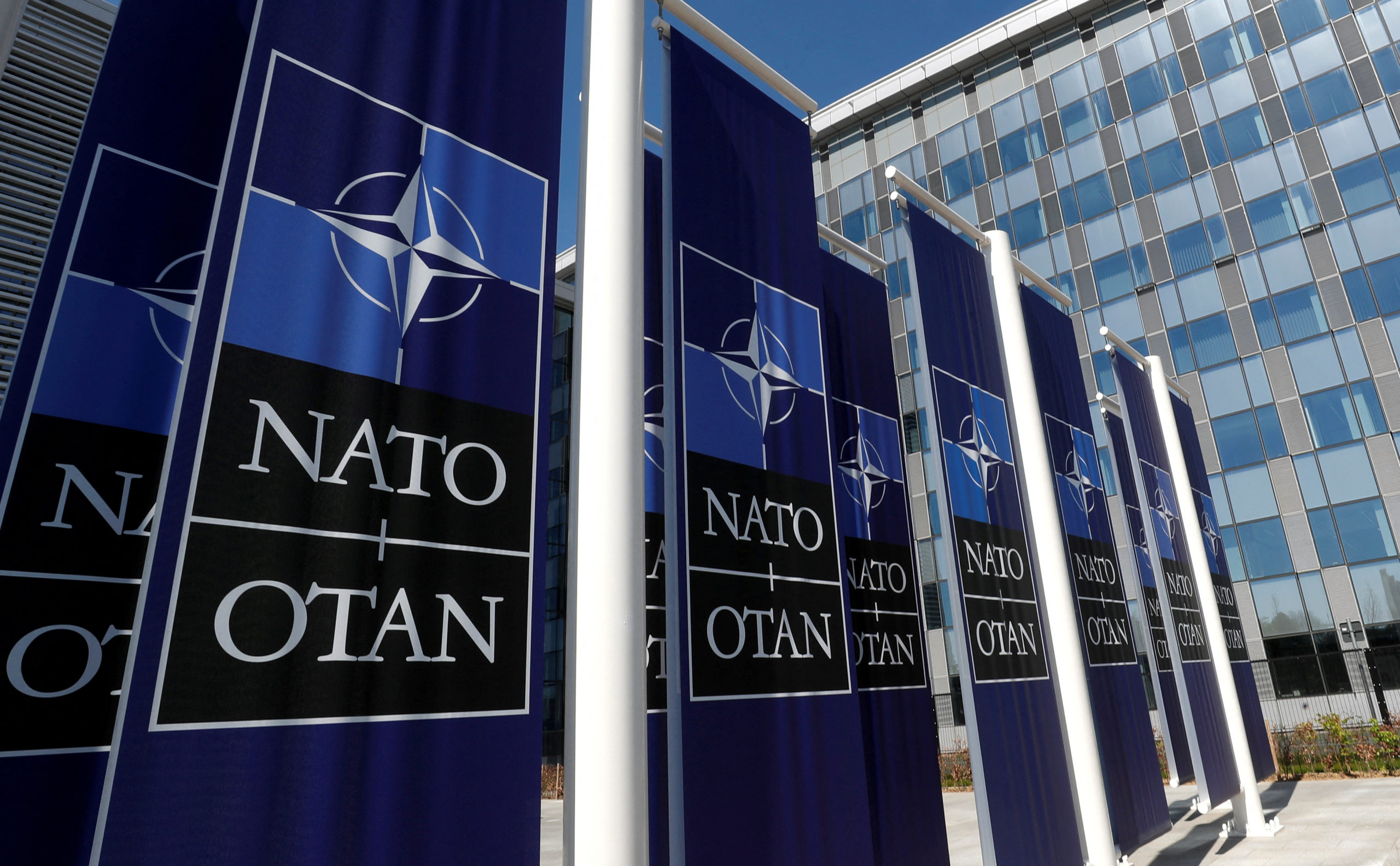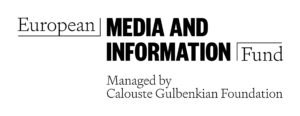Sweden to distance itself from Kurdish groups in bid to join NATO
"The primary objective is Sweden's membership in NATO."

STOCKHOLM — Sweden’s new government will distance itself from the Kurdish YPG militia as it tries to win Turkey’s approval to join NATO, Sweden’s foreign minister told Swedish Radio on Saturday.
The Syrian Kurdish YPG militia and its political branch PYD are considered by Turkey extensions of the Kurdistan Workers Party (PKK), which launched an insurgency against Turkey in 1980 and is regarded as a terrorist group by Turkey, the United States and the European Union.
Sweden, along with the United States and several other NATO countries, has supported the YPG in the fight against Islamic State.
However, Turkey has vowed to block Sweden’s application to join NATO if it doesn’t stop supporting the militia group.
“There is too close a connection between these organizations and the PKK … for it to be good for the relationship between us and Turkey,” Swedish Foreign Minister Tobias Billstrom told public service broadcaster Swedish Radio.
“The primary objective is Sweden’s membership in NATO,” he said.
[Time to finalize Sweden’s and Finland’s entry to NATO, Stoltenberg says]
The move comes just days before Prime Minister Ulf Kristersson is due to travel to Ankara to try to convince Turkey’s President Tayyip Erdogan to let Sweden join the military alliance.
Sweden and Finland applied to join NATO earlier this year as a direct consequence of Russia’s invasion of Ukraine.
The application has been approved by 28 of NATO’s 30 countries. The Nordic countries said this week they were optimistic Hungary would also drop its objections.
Reporting by Johan Ahlander.
This article has been fact-checked by Arctic Today and Polar Research and Policy Initiative, with the support of the EMIF managed by the Calouste Gulbenkian Foundation.
Disclaimer: The sole responsibility for any content supported by the European Media and Information Fund lies with the author(s) and it may not necessarily reflect the positions of the EMIF and the Fund Partners, the Calouste Gulbenkian Foundation and the European University Institute.
